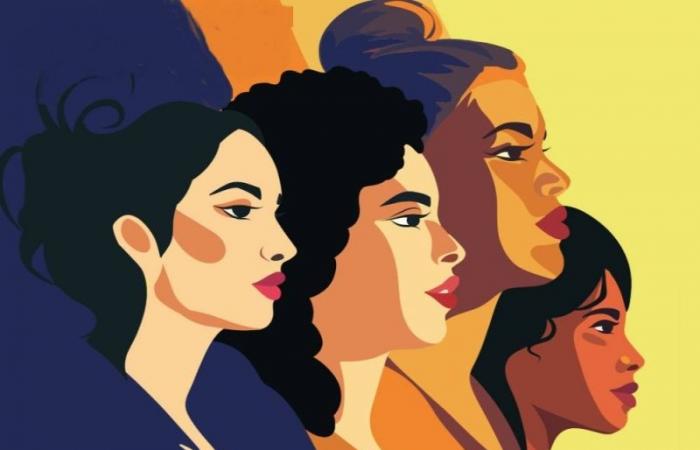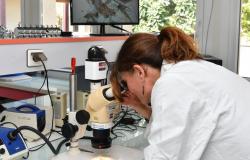As the project of the new Moudawana enters the home stretch before its release, the Federation of Women’s Rights Leagues (FLDM) and the LDDF-injad network are organizing a public listening session of living and poignant testimonies from women “victims » of the current Family Code.
Women’s voices
“Women who live in suffering and who suffer serious injustices because of the unsuitable laws of the current Moudawana. These are victims who took refuge in our listening centers and who today come to testify in person and openly. With great courage, they will share their stories from a very real experience in a very Moroccan society,” Samira Mouhiya, president of the FLDM, explains to us over the phone.
“Without taboos, listen to me and give me justice!”, it is under this challenging title that the federation is organizing this session open to the general public this Wednesday, July 3, 2024, from 9:30 a.m. at the Allal Fassi hall in Rabat. Twenty destinies, twenty distresses told in the own words of twenty women from the four corners of Morocco: from Al Houceima, from Larache, from Fquih Bensaleh, Souk Sebt, Oujda, Ouarzazate, Mohammedia, Khouribgha…
“Each of these women, whose courage is to be saluted, suffers from one or more complex forms of gender-based violence. Legal, financial, family, social violence… these are stories about problems linked to divorce, alimony, paternity, inheritance, the rights of Moroccan children and women,” explains Samira Mouhiya.
Moroccan reality
The latter insists on the epithet “Moroccans” and explains why. “This public listening session is a response to all those who accuse feminist associations of taking inspiration from and wanting to copy Western models on our society,” argues the president of the FLDM before addressing the detractors of change.
“Come and listen live to these women who have suffered injustice, discrimination and marginalization because of the provisions of the Family Code. This is a very Moroccan experience and it is from this reality that we have built our plea for an egalitarian and fair Moudawana,” pleads the activist.
Women, engine of change
For the FLDM, this session is a way of making these “victims” an engine of change. In addition to the general public invited to this meeting, the listening session will see the participation of political and parliamentary actors as well as human rights activists and other jurists. According to the FLDM, this open invitation should allow everyone to react to the content of these testimonies and to formulate pleas. “Through the echoes of this listening session, we also aspire to reach the members of the Superior Council of Ulemas and to make them aware of the suffering of these women and those who do not dare to speak,” adds Samira Mouheya.
It should be recalled that the Sovereign gave, on Friday, June 28, 2024, his high directives to the Higher Council of Ulemas, to examine certain issues contained in the proposals of the Authority responsible for revising the Family Code. This by referring to the principles and precepts of Islam and its tolerant designs and to submit a Fatwa on them for the high appreciation of the Sovereign.






